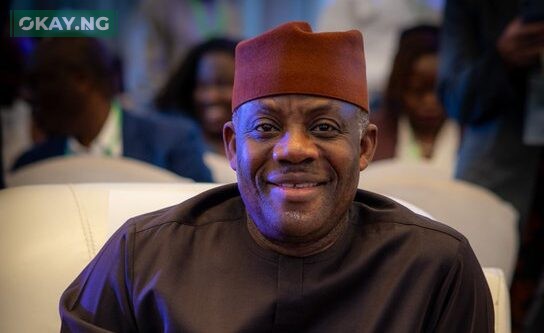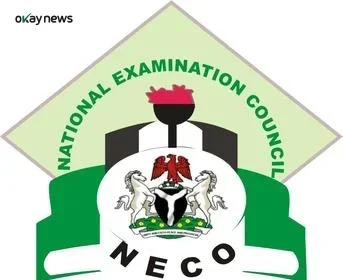The Federal Ministry of Education has officially set a new minimum age for pupils wishing to gain admission into Junior Secondary School 1 (JSS1), specifying that students must be at least 12 years old after completing six years of primary education. This directive was detailed in a recent policy document on Non-State Schools released last week.
Non-State Schools—also known as private, independent, or non-governmental institutions—play an increasingly significant role in providing education across Nigeria. These schools rely heavily on tuition fees, community donations, and support from faith-based and philanthropic organizations. Okay.ng reports that the Ministry acknowledges the wide variation in quality across these schools but maintains their growing prominence in the sector.
In the document, the Ministry emphasised the structure and age requirements for educational progression: “Nursery education shall be of three years’ duration. Children shall be admitted into Nursery One when they attain the age of three years, Nursery Two on attaining the age of four, and one year of compulsory pre-primary education (Kindergarten) on attaining the age of five years, in accordance with the specification of Section 2(17) of the NPE, 2013 Edition.”
Regarding entry into JSS1, the guidelines state, “Basic education shall be of nine years’ duration. There shall be a six-year primary and a three-year Junior Secondary School (JSS). Children shall be admitted into Primary One when they attain the age of six years. Every child must complete six years of primary education. They shall be admitted into Junior Secondary School (JSS1) when they have completed six (6) years of primary education, at around the age of twelve (12) years.”
If fully implemented, this policy is expected to ensure Nigerian students reach the age of 18 before entering tertiary institutions. This is significant in light of recent debates in Nigeria over the minimum university entry age. Former Education Minister Prof. Tahir Mamman had advocated for 18 years as the minimum age, a position later revised by the current minister, Dr. Tunji Alausa, who restored 16 years as the university entry age.
Furthermore, the Nigeria Education Digest 2022 highlights the substantial growth of non-state schools in the country. It reports that non-state schools now outnumber state schools in 26 states at the Junior Secondary level. Between 2017 and 2022, non-state primary schools grew by 31.56%, and Junior Secondary schools by 35.06%, compared to 3.3% and 6.8% growth for state schools, respectively.







